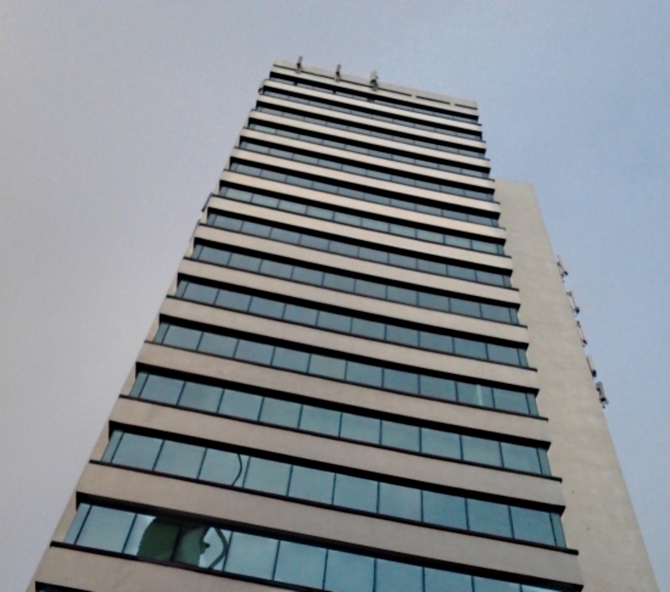One symptom of the recession was the drive by both sides of a commercial property deal to push down the length of a lease. Today tenancy agreements are the shortest they have ever been. But longer leases have hidden benefits for both sides, according to the director of one real estate agency.

Before agreeing to any lease — whether you’re a landlord or tenant — it’s important to understand the advantages. Landlords will generally prefer as long a lease as possible to maximize income from the property explains Ian Harman, a director at commercial agents Prop-Search. “An extended lease reduces vacant periods, marketing expenses and general management to as little as possible.” Also high on the landlord’s agenda will be the fact that a longer lease will significantly increase the freehold investment value of the property.
For tenants, a 20 or 25-year lease will inevitably produce better terms and incentives, such as rent free periods or capital contributions. “However, in the current economy, lease flexibility is paramount for most tenants in order to have an exit route in the event of the business getting into problems or, should things go well, to accommodate expansion plans,” adds Harman. “The easy options, therefore, are to take a short lease or a longer lease with several break options.”
Despite the other advantages of a short lease, such as stamp duty payable at the beginning of the lease being kept to a minimum, on the whole longer leases are mutually beneficial; giving landlords greater security and potential tenants more clout. “Landlords will generally be prepared to offer much better incentives to encourage a tenant to take a longer lease in terms of a rent free period or perhaps more favourable lease terms,” says Harman.
“By taking a longer lease a tenant is more likely to obtain security of tenure which gives the benefit of tenant-biased legislation that governs negotiations at the end of a lease,” he explains. “A longer lease also prevents a business being forced to relocate against its will or being in a poor negotiating position without the right to stay. If you are looking to sell your business or to invest in expensive plant and machinery or fitting-out, which needs to be written off over a number of years, a longer term lease can also be advantageous.”
Depending on the nature of a business, a longer lease without breaks could well be worth considering. Investing heavily in a building or plant and machinery would make it difficult to move. And the costs of moving and fitting out new premises, together with the general upheaval makes relocating an expensive process which most companies would prefer to avoid.
The obvious downside is that tenants are locked in to a lease until the end of the term. Most leases will allow premises to be sub-let or assigned and, while the expense must be borne by the tenant, transferring a lease is now an accepted part of the property market. “If you have any doubts a good surveyor will be able to advise on potential problems and the level of risk involved,” concludes Harman.
Previous Post
Scottish Farmland Prices hold steady says Report